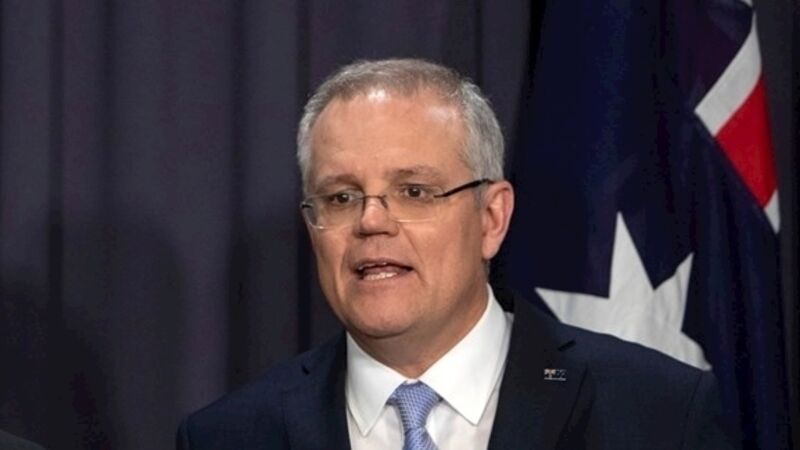Beat extremism by being more extreme

There is another name to add to the lengthening list of conservative, often anti-immigrant national leaders. Scott Morrison, the architect of Australia’s hardline asylum policies, became that country’s 30th prime minister when he replaced the moderate Malcolm Turnbull yesterday.
An active Evangelical Christian who opposes marriage equality, Morrison is Australia’s fifth prime minister in just over five years. Since 2010, four have lost office, but not at the ballot box. They were dumped by their own fractured parties. Just as in other democracies, instability leaning towards chaos has given extremists an opportunity they might not win through the ballot box.
















